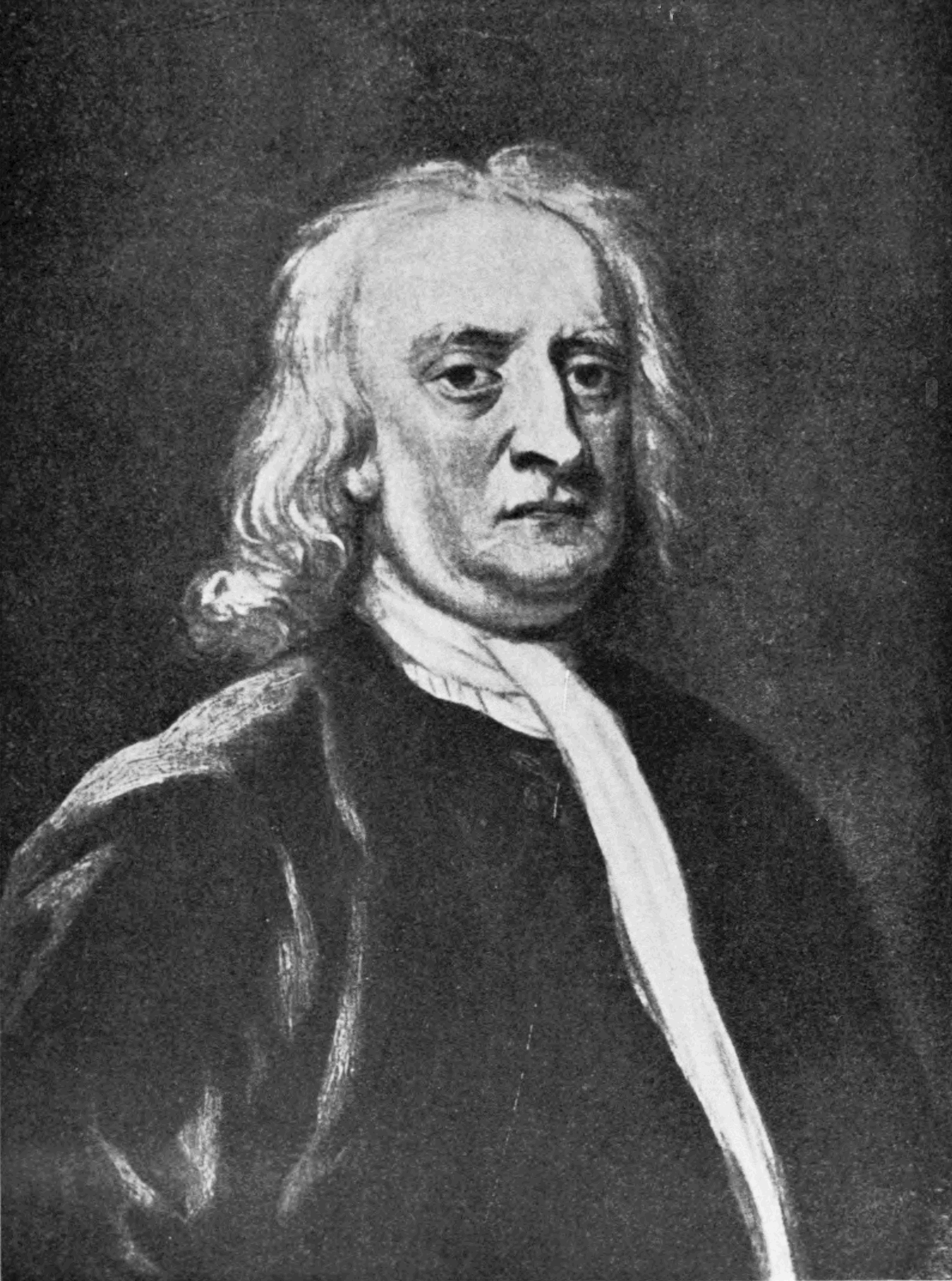Sir Isaac Newton Part 3
Mathematician Nicolas de Dulie, the close friend of Newton. At that time, the country was flooded with counterfeit coins. Montagu conceived a full all cash and was counting on Newton’s knowledge in metallurgy and mechanics. Isaac showed himself an excellent administrator and, in spite of strikes and denunciations, has established the accelerated issuance of new money. For this, he was made Director of the mint with a yearly salary of about £1,500.

Things went uphill. In 1699 Newton was made a member of the French Academy of Sciences, and in 1703 he was elected President of the London Royal Academy (about which Isaac gave scientists new appliance — the solar oven, metals through a system of lenses). It was re-elected to this position every year for the next 25 years — the record companies that lasted three centuries. And in 1705, Queen Anne takes him to the dignity of knighthood.
The science of miracles
Newton went down in history as a physicist and mathematician. However, these Sciences occupied only about half of his memories. In addition, the great rationalist was fond of… alchemy and theology. His mystical views little is known. Newton never claimed to be a supporter of a particular faith.
He believed in God, but, as appears from his treatise “Historical follow-up of two well-known distortions of Scripture,” denied the Trinity — although he studied at Trinity College. It can be assumed that the views of Newton were close to Arianism (an ancient Christian teaching that Christ was created by God, and, accordingly, they were not equal to each other).
Such radical views are not just created problems for him. Until the 19th century in Cambridge, which could only come believing men, “married to science” (to give a vow of celibacy — the latter partly explains why Newton never had a wife and descendants). But for the position of Professor required. Newton was an exception — the resolution for the positions had to procure from the king himself. Letter of Newton to Prince Menshikov (1714) agreed to accept him as a member of the Royal society.
Newton wrote “the Chronology of ancient kingdoms” and the commentary on the Apocalypse. In the late 17th century he tried to find in the Bible a “secret code” to retrieve it using scientific information. The scientist calculated that the world would end no earlier than 2060.
The mysticism of Newton helped him to discover the laws of gravitation. He easily made the basis for the theory of the interaction of two bodies in a vacuum, without any intermediaries, although then it was considered something of a magical telekinesis.
Newton was fascinated with alchemy. In London, he had a large laboratory, where he made the search for the philosopher’s stone. Then it was forbidden for two reasons: first, the charlatans had lured to “research” a lot of money from their patrons, and secondly, the government theoretically considered the possibility of obtaining free gold and feared devaluation of the pound. Besides, hardly anyone would have liked that the Keeper of the mint is looking for ways to turn copper into gold. That is why Newton “alchemical” secret.
In 1936 at Sotheby’s was sold miraculously preserved alchemical notes, Newton. Like all alchemists, Isaac was using confusing language. The study of Tarot cards, hieroglyphics and plants was accompanied by a strange poetry.
Also, the scientist tried to recreate the plan of the temple of Solomon, believing that it is encoded the entire history of the Jews. He was engaged in and alternative timeline, changing dates and sequence of historical events. According to his calculations, the mythical island of Ogygia was Atlantis, because it lived the nymph Calypso is the mother of Atlanta.

Bust of Newton
Contrary to popular (not without the help of “da Vinci Code”) opinion or one fact of life Newton never said that he was a Freemason or a Grandmaster of the Priory of Sion. Once the members of the Royal society in plain text accused him of belonging to the Rosicrucians, but this remains unproven.
After the death of Newton in his library found 169 books on alchemy (probably the largest alchemical collection at the time) and some books about the Rosicrucians, scribbled notes in the margins.
In 1725, Newton had a cold and was forced to live in Kensington — a suburb of London. The last years of his life he rarely went outside. 28 Feb 1727 Newton went to London, as usual, to preside at the meeting of the Royal society. On March 4, he suffered aggravation. The scientist brought home. The 84-year-old man suffered for another two weeks. On 18 March he began to have delusions. March 20 at one o’clock he died.
Sir Isaac Newton was buried in Westminster Abbey. Voltaire, who was present at the burial, noted that both were buried only kings. It got to the point that some mourners offered to “reset” the calendar in 1642, and make the manor of Newton in Woolsthorpe sanctuary.
Unlike Einstein, Newton has not turned people’s view of the world, but only summarized it, using your sharp mind and the ability to work on the problem 20 hours a day. However, at the time, there were other scientists able to process the results of years of scientific correspondence with colleagues and, guided by brilliant intuition, lead them to a common denominator.
If not for Newton, the scientific revolution of the 19th century and space flight of the 20th would have happened much later. He considered himself a boy, standing in the boundless ocean of truth, and picks on the banks of the colored stones with the shells.
